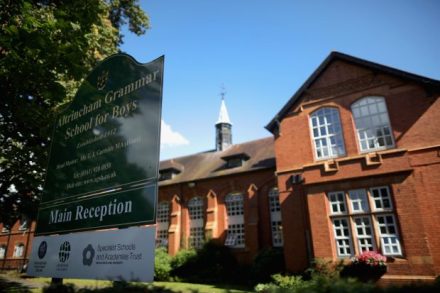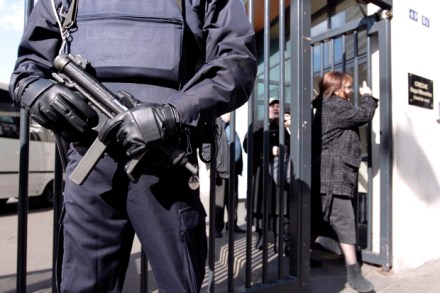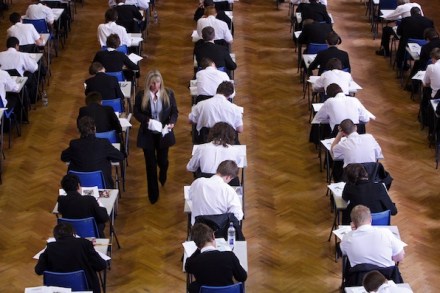Bad grammar
It is almost mandatory, if you want to discuss grammar schools, to swap personal histories. Here’s mine: I am the beneficiary of three generations of social mobility, three generations of academic selection. My grandfather won a free scholarship to a public school (Christ’s Hospital) and left school at 16: his family needed him to work. But his education allowed him to become achartered surveyor. Both of my parents enjoyed free, selective education in schools that now charge about £16,000 a year. My brothers and I won scholarships to private secondaries. The alternative comprehensives were poor quality and a bit scary — my parents were faced with terrible state-school options. Then




















